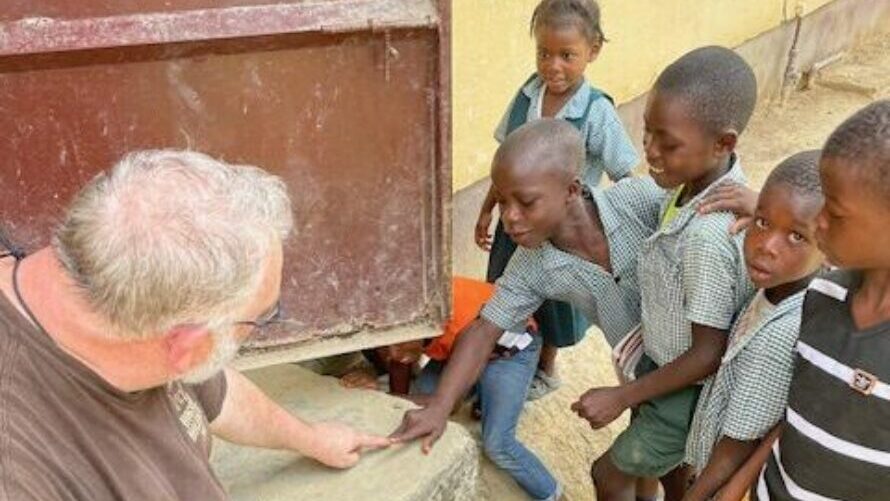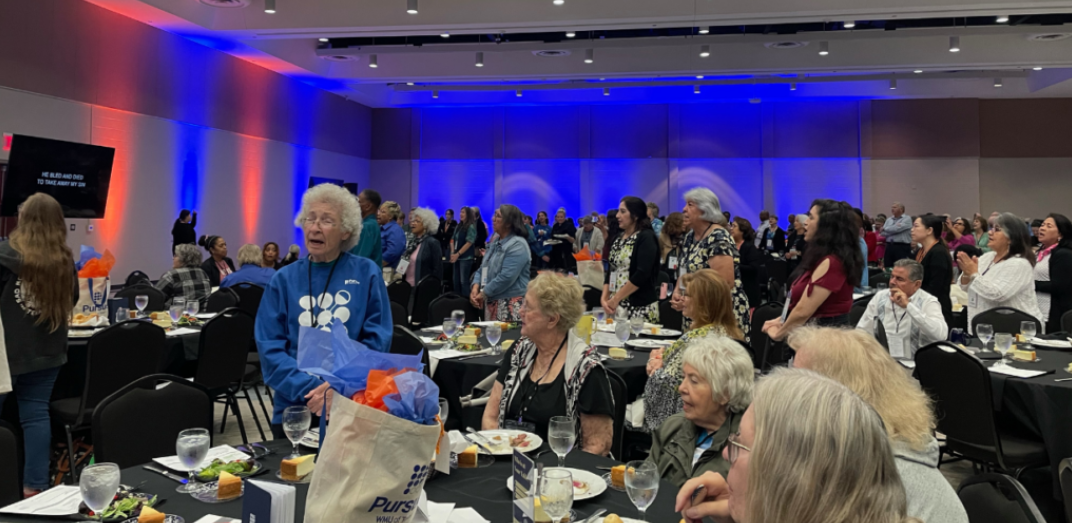The Abuse Reform Implementation Task Force released an update Friday (Feb. 10), noting that the group is meeting with key stake holders “at every level” to implement recommendations that were approved last year at the Southern Baptist Convention Annual meeting in Anaheim.
The group recently held an in-person meeting “with specific focus and continual reference” to recommendations found in the Guidepost report related to allegations the SBC Executive Committee mishandled reports of abuse. The task force noted it is also developing the “framework, responsibilities and qualifications” needed for a survivor advocate and church support resource. More updates will be provided as details are finalized, the report said.
Clarifying its role
The latest update comes one month after the task force released a report clarifying its role and addressing conflict-of-interest concerns raised by retired attorney and sexual abuse survivor Christa Brown. Her concerns related to the SBC’s sexual abuse hotline established in May 2022 to address reports of abuse.
In this latest report, the task force noted they have been “continually engaging with SBC leaders at every level, including state convention leaders, Executive Committee members, members of the Credentials Committee, pastors, missionaries and entity leaders, to seek their input on the most effective and helpful ways to resource the Convention.” They noted they also will continue to meet with survivors to incorporate their “lived expertise, voices and perspective to this process.”
The ARITF released the following “steps and processes”:
Meeting with stakeholders at every level.
Members of the ARITF have been continually engaging with SBC leaders at every level, including state convention leaders, Executive Committee members, members of the Credentials Committee, pastors, missionaries and entity leaders, to seek their input on the most effective and helpful ways to resource the Convention. In addition, we have had the opportunity as well to meet with survivors and bring their lived expertise, voices and perspective to this process. These conversations will continue as reform progresses and numerous additional meetings are planned.
Development of Educational and Training Materials
In conjunction with the meetings discussed above, ARITF members are engaged in evaluating current and potential resources for every level of training and education so that we may identify, revise and create the most effective and comprehensive tools and resources for resourcing churches, congregants and leaders to best prevent and respond appropriately to, abuse.
Resourcing the Credentials Committee
Per the mandate of the Messengers we have engaged in extensive discussions with Credentials Committee leaders, members and staff, to ascertain how to best resource and assist them in the work the Convention has given them to do. We have begun the process of updating materials and content, as well as drafting comprehensive standards and processes to provide better training for members as well as clear guidance and communication for churches and those who request an inquiry.
Retention of Qualified Advocate and Expert
The ARITF has received consistent feedback from prior Task Force members, experts in the field, SBC leaders, pastors and survivors that two additional resources would be critical in properly supporting and resourcing the Convention, its leaders and survivors. Specifically:
- A survivor advocate who can serve as a confidential resource for survivors who may desire to file a report with the MinistryCheck website or the Credentials Committee. This person would serve as a communication liaison to preserve the confidentiality and anonymity of survivors, receive and provide updates, make inquiries on behalf of survivors, and be available to assist them in identifying and connecting to community resources and support services.
- A church support resource. A qualified individual who can serve as a voluntary resource for churches who have received an allegation of abuse and desire help knowing how to respond and what steps to take.
In collaboration with leaders, pastors and survivors, the ARITF is developing the framework, responsibilities and qualifications needed and will provide updates as details are finalized.
MinistryCheck Website
Since its initial meeting in September, the ARITF has been engaged in a thorough process, working collaboratively with the Credentials Committee and Executive Committee leadership, to vet and identify qualified firms to develop the MinistryCheck website. This has included extensive research, review of proposals and in-person interviews to evaluate firms based on the standards mandated by the Convention and best practices. This process has also included the input of SBC leaders and thoroughly reviewing and researching all recommendations made by these leaders. Once a firm is selected, the ARITF will provide a full update regarding the criteria, qualifications, process and contract terms.
Going Forward
The ARITF is grateful for the cooperation and assistance of the Credentials Committee and staff on each of these fronts, as well as the input and leadership of SBC leaders and pastors across such a broad spectrum. The ARITF is also deeply grateful for the input and voices of survivors in this process, and their willingness to bring their expertise over and over again, to help us and our Convention grow.
Given the scope of its assignment, we do anticipate and have begun discussions about the need to extend the ARITFs work beyond the 2023 annual meeting in New Orleans. We are acutely aware of the depth of process we must undergo and vigilantly follow-through.
We anticipate another update by the end of the month.








